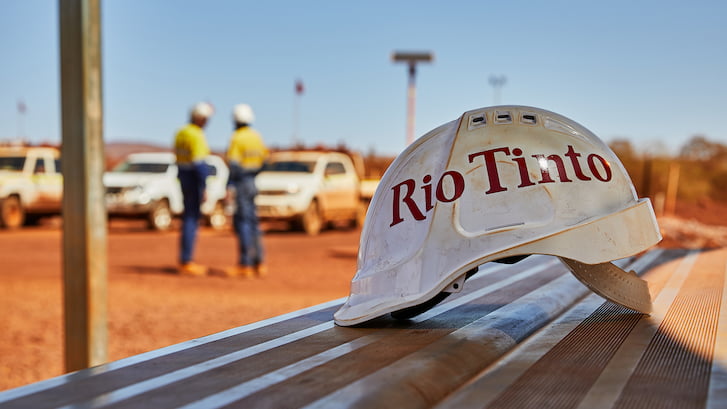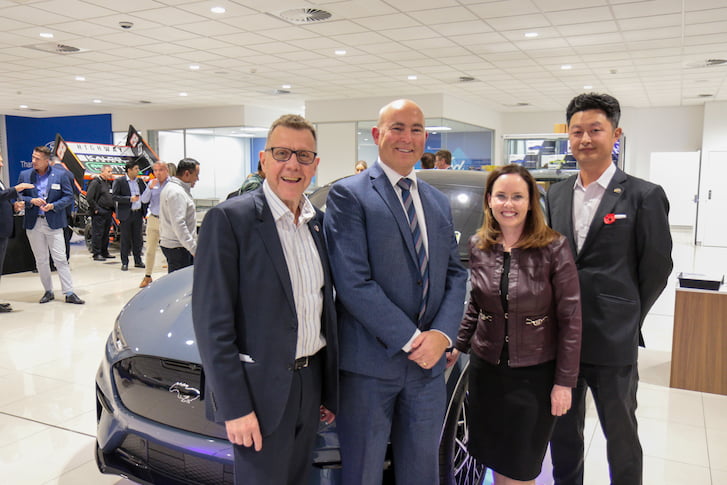Everyone is talking about the what the future of work will look like. From governments, to schools, to industry associations. We are all asking similar questions.
 What jobs will be available? What skills will I need to do those jobs? And, of course, what if I’m not required anymore?
What jobs will be available? What skills will I need to do those jobs? And, of course, what if I’m not required anymore?
It’s the latter question that is causing the most angst. Young people in the midst of choosing study and career pathways; parents and educators wanting to give advice to our young; governments considering shifting curriculum and training packages to ensure the appropriate skills of our next generation of workers will meet the needs of future economies; it’s a universal concern.
Uncertainty about what technology and automation will do to the jobs of today has many rattled.
I wonder if this is how generations of the past felt as they entered the industrial revolution or in the early 1900s when cars took the place of the horse drawn buggy. As technologies revolutionised factories and cars took over roads, were the youth then who were destined to take over the family blacksmith business anxious about the limited career options ahead? Or were they excited about the new careers that might be available to them?
Technological developments are progressing at exponential rates and it’s sometimes hard to imagine what comes next. I guess it’s the unknown that’s causing the angst. But from where I stand, it’s this unknown – and promise of endless potential – that is also driving entrepreneurial skills to new levels.
We have technology at our finger tips with uncapped capability. There is the notion that automation is reducing the need for the same levels of labour or jobs and the way we do them now. These are prime conditions for young people to get creative about what they will do to earn a living in the future.
Entrepreneurship is thriving. The reason we don’t know what jobs will exist in the future is probably because the next generation of workers haven’t come up with them yet. Automation and technological advancement also doesn’t necessarily mean those that have trained in a particular pathway are now obsolete either.
I recently spoke to a number of professors at a university about the changing skills needs for the manufacturing industry, a traditionally labour-intensive sector. There was no chatter – or fear – about new technologies taking jobs.
They spoke of the need to grow new design skills in students as 3D printing is now a common practice. Technologies like 3D printing, they explained, required a shift in our design capabilities. We must build whole pieces of machines, rather than designing small parts and widgets that need to be screwed, welded and pieced together. Design thinking skills that allow us to create whole modules or products that can be produced as a singular unit must be taught now.
This doesn’t mean the engineers and manufacturers that were trained to design parts and put together widgets are now defunct. It means they will use their base knowledge of design and production principles to adapt to the new technologies and new ways of manufacturing.
As industry is propelled by technological changes, it is fanning the transformation of skills. The key to calming the angst and finding a happy medium is to ensure that as technology progresses, the workforce is adapted and upskilled along the way.
Change is inevitable. New skills will be required. We need to all jump aboard the train of life-long learning, of forever adapting and progressing our skills. If we do that – I can guarantee – you’ll keep yourself employable, even in the face of automation.
Lena Constantine is Manager of Apprenticeship Support Australia, which is run by CCIWA.









